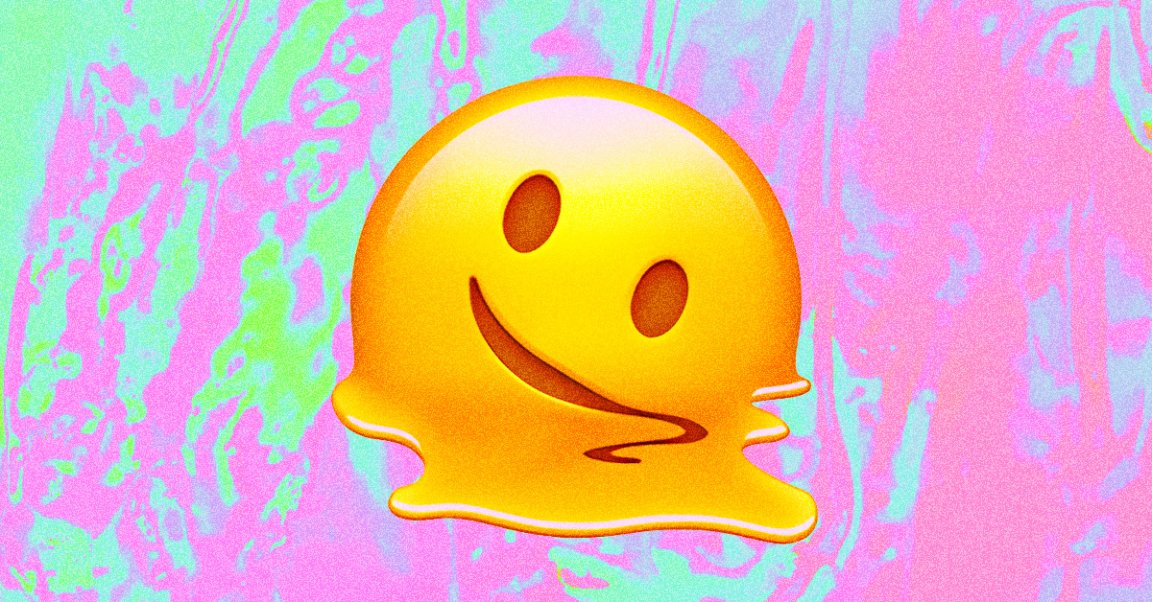
Outta Gas
It’s no secret that it’s rough out there for modern teens and tweens, whose digital worlds have a profound — and widely negative — impact on their mental health and even perhaps their physical brain structure.
The hellscape that is middle-to-high school social media in mind, the app Gas, at least on the surface, might seem like a bit of a brighter spot. For the millennials out there, it’s basically YikYak’s seemingly non-evil twin: app users can anonymously post kind things about one another, voting on things like who has a great smile, who has “made positive changes this year,” and so on.
It’s easy to see the allure. In high school, everyone wants to know what people think of them. Extra points if their opinions turn out to be flattering.
But that, Vancouver-based technology journalist Alexandra Samuel told The Toronto Star, is exactly the problem. She thinks Gas, which just launched a paid tier — pay $9.99 per week and you can access “God Mode,” allowing users to see who their secret admirers might be — is “intrinsically problematic,” preying on teenage insecurity as a means of generating profit.
“Teenagers are at a very vulnerable stage of their development,” Samuel told the Star. “They don’t have fully-grown brains, have grown up in a context where their online identity is inseparable from their offline identity and are in a pressure cooker with high school.”
“We’re comparing kids to other kids,” she added, which she says “is super unhealthy, in my view.”
Different Packaging
Indeed, as Samuel suggests, comparison is central to the app. While all of the app-generated prompts are technically nice, users are still voting on who, out of a list of specific names, has a certain good attribute.
And by purchasing God Mode — which is expensive even by adult standards — to peel back anonymity, the app doesn’t just add another level of drama and complexity to teenage life. It monetizes teens’ desire to know if they’re popular, almost certainly breeding even more insecurity if users don’t find what they’re looking for.
In other words, though it has friendlier packaging, Gas is just another wolf in gossipy sheep’s clothing.
“We just have to be really realistic about what level of psychological [pressure] we’re asking for from kids,” Samuel told the paper, “and not hand them technologies and tools designed to prey on their anxieties rather than assuaging them.”
READ MORE: This new social media app is blowing up among teens. But one expert warns it could be monetizing students’ anxiety [The Toronto Star]
More on teens and the internet: Us Surgeon General Warns Against 13-Year-Old Using Social Media